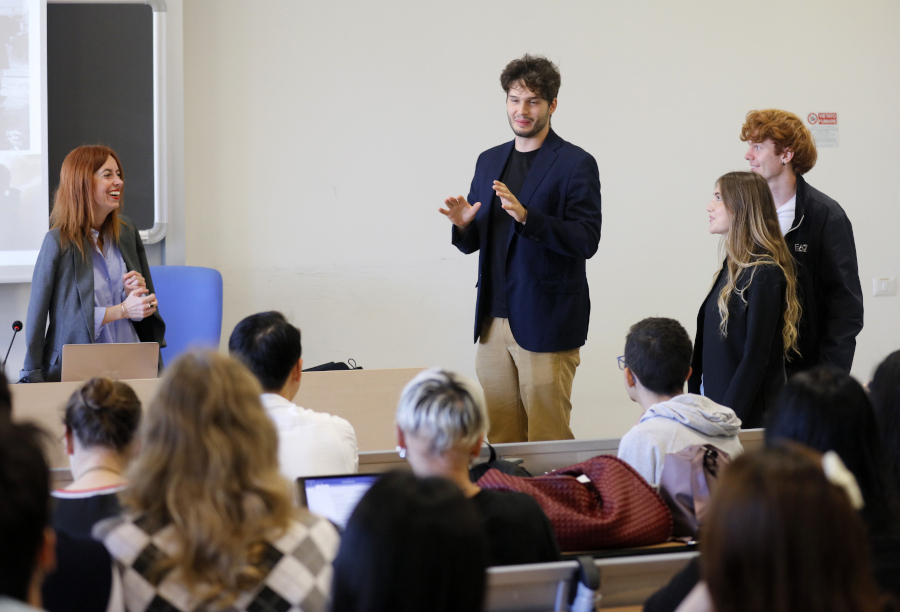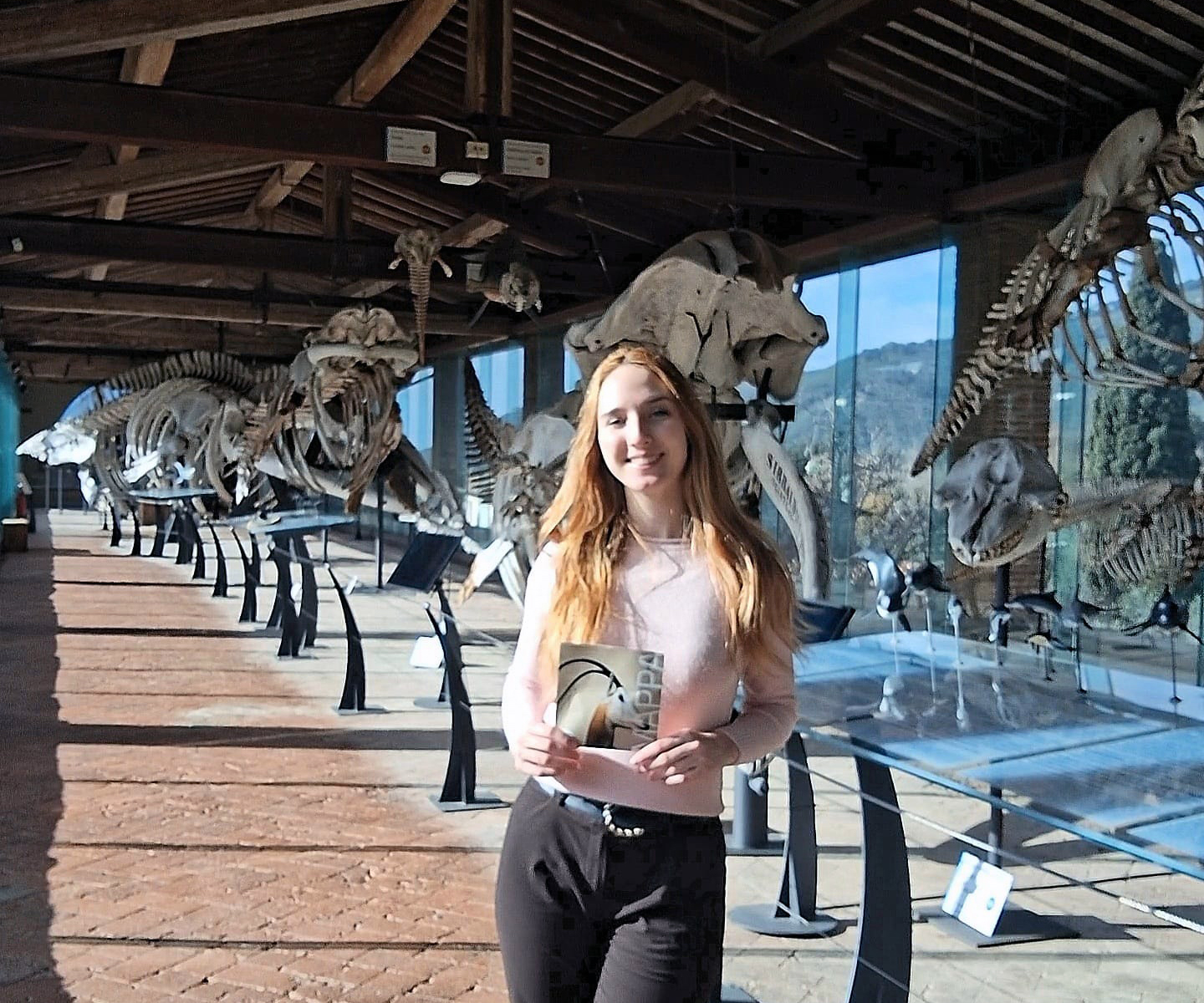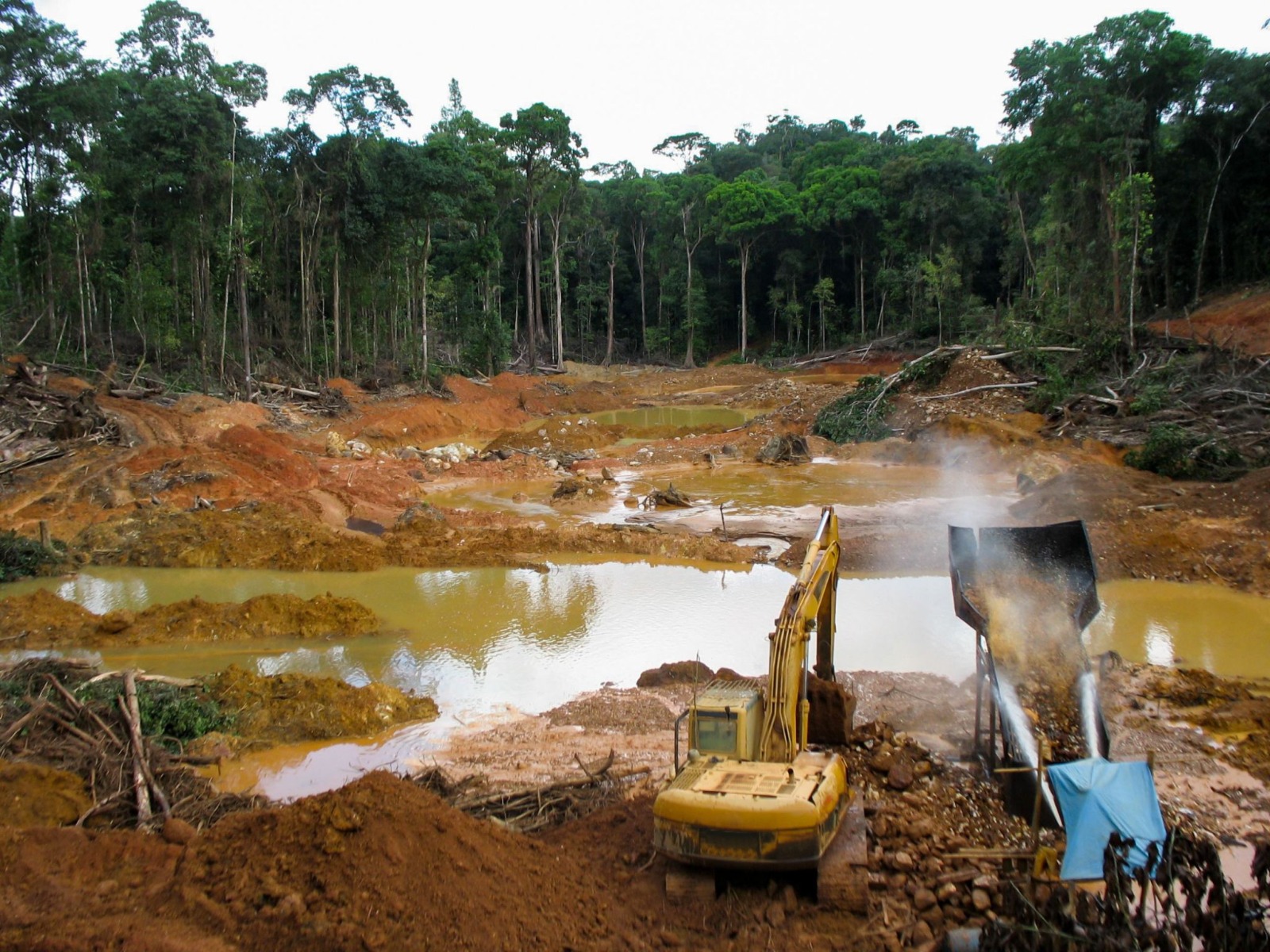The University of Pisa has expanded its educational offer for the 2025/2026 academic year with the addition of ten new postgraduate courses. The new entries span a range of disciplinary areas and include both first-level programmes—open to candidates with a Bachelor’s Degree—and second-level programmes, reserved for those holding a Master’s Degree.
In the area of Mathematical and Computer Science, Physical and Earth Sciences, a new first-level postgraduate course has been introduced: Sustainable Value Chain for Critical Raw Materials. Other first-level additions include Mass Casualties Management in the area of Medicine and Pharmacy, and Management Systems in Energy Transition and Digitalization for Sustainable Development in the area of Engineering.
Two new programmes have been activated in the area of Law, Economics and Social Sciences: Destination Management: Sustainability, Experiences and Artificial Intelligence and Consumer Law, both first-level programmes.
The area of Agricultural and Veterinary Sciences also sees two new additions: the first-level programme Sustainable Development and Agroecosystem Resilience (SARE), and the second-level programme Basic and Advanced Strategies for Individual and Herd Health Management.
In the area of Humanities, the 2025/2026 academic year will feature the launch of the second-level postgraduate course Religions, Esotericism and New Spiritualities: Evolutions and Perspectives, offering a unique academic pathway in Italy. Esotericism has only recently become a subject of academic study and is currently taught at just two universities in Europe, Amsterdam and Paris.
Two new international second-level postgraduate courses are being introduced in the area of Medicine and Pharmacy: Management of Imaging Departments and Multidisciplinary Management in Interventional Radiology.

These additions bring the total number of postgraduate courses offered by the University of Pisa to 82, divided as follows: 45 first-level and 37 second-level programmes, across six disciplinary areas:
· Agricultural and Veterinary Sciences
· Humanities
· Engineering
· Medicine and Pharmacy
· Law, Economics and Social Sciences
· Mathematical and Computer Science, Physical and Earth Sciences
The 2025/2026 educational offer also includes 9 inter-university postgraduate courses jointly delivered with other Italian universities, which award a joint degree. In addition, there are other 3 inter-university postgraduate courses coordinated by other institutions.
The University of Pisa also offers 10 postgraduate courses taught entirely in English:
· Digital Agriculture for Sustainable Development (agritech EU) – First-level
· Oncological Imaging – Second-level
· Innovative Technologies in Rehabilitation: Robotics for Health Professionals – Second-level
· Management of Health, Safety, Environment and Quality Systems – First-level
· Management of Imaging Departments – Second-level
· Management Systems in Energy Transition and Digitalization for Sustainable Development – First-level
· Multidisciplinary Management in Interventional Radiology – Second-level
· Risk Management: Models and Data Science for Finance, Insurance and Business – First-level
· Sustainable Development and Agroecosystem Resilience (SARE) – First-level
· Sustainable Value Chain for Critical Raw Materials – First-level
Applications for postgraduate courses are now open. Full details on individual programmes, admission requirements, and deadlines are available in the dedicated section.



